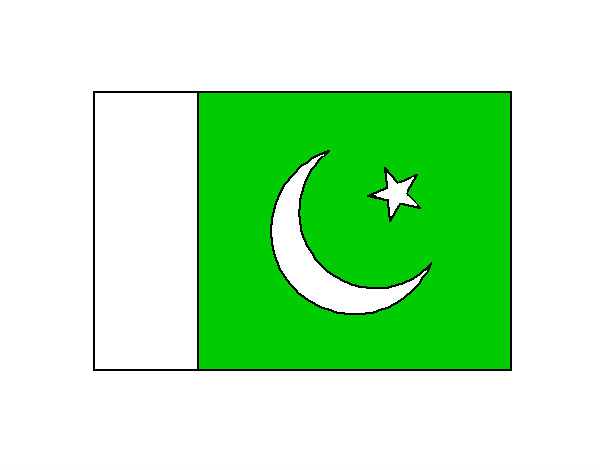 Pakistan on Tuesday hanged 12 convicted murderers in prisons across the country, the highest number in a single day since the government lifted a six-year moratorium on capital punishment, officials said.
Pakistan on Tuesday hanged 12 convicted murderers in prisons across the country, the highest number in a single day since the government lifted a six-year moratorium on capital punishment, officials said.
Ten of the convicts were hanged in the populous Punjab province, while two others were executed in the southern metropolis of Karachi, according to prison officials who spoke on condition of anonymity.
The latest hangings bring to 39 the number sent to the gallows since Pakistan resumed executions in December after Taliban militants gunned down more than 150 people, most of them children, at a school in the restive northwest.
The partial lifting of the moratorium, which began in 2008, initially only applied to those convicted of terrorism offences, but was last week extended to all capital offences.
In Punjab, three murder convicts were executed from the central town of Jhang, two from Rawalpindi near the capital, two from Mianwali, one from Multan, one from Faisalabad, and one from Gujranwala.
Two other executions planned for Tuesday were stayed by courts.
Shuja Khanzada, home minister for Punjab, confirmed the executions in his province and told AFP that more were scheduled in coming days.
“Today 10 convicts were hanged in different jails of the province,” Khanzada said, adding that further executions would be carried out for those “whose mercy petitions have been rejected”.
Among those due to be hanged is Shafqat Hussain, who was condemned to death as a teenager for killing a seven-year-old boy in 2004. Authorities said he would be executed on Thursday after a court dismissed his appeal.
Hussain’s case has triggered outrage from rights campaigners, who complain he did not get a fair trial and say he was only 15 at the time of the killing.
– Time ‘running out’ –
He had been due to face the noose on January 14, but the government halted the execution amid protests about his age and ordered a new investigation to determine how old he was.
Jail officials said last week the interior ministry had rejected the plea and a fresh death warrant had been issued, but on Tuesday his family and lawyers were still trying to persuade the authorities to stop the execution.
Maya Foa, director of the death penalty team of Reprieve, a British legal charity that is working with Hussain’s lawyers, said time to save him was “running out”.
Interior Minister Chaudhry Nisar Ali Khan “has the opportunity to save the life of someone tortured into ‘confessing’ to a crime when he was just a child, and to conduct the full inquiry into his case that he promised,” she said.
Human rights group Amnesty International estimates that Pakistan has more than 8,000 prisoners on death row, most of whom have exhausted the appeals process.
Only one person was executed during the period of the moratorium — a soldier convicted by a court martial and sent to the gallows in 2012.
Supporters of the death penalty in Pakistan argue that it is the only effective way to deal with the scourge of militancy.
They say the courts are notoriously slow, rely heavily on witness testimony rather than crime scene evidence, and provide little protection for judges or witnesses who are often intimidated or bribed into dropping cases.
But rights campaigners have been highly critical, citing problematic convictions in Pakistan’s criminal justice system, which they say is replete with police torture and unfair trials.
“This shameful retreat to the gallows is no way to resolve Pakistan’s pressing security and law and order problems,” Rupert Abbott, Amnesty International’s deputy Asia-Pacific director, said last week.
European Union diplomats have also raised the issue of capital punishment — and the case of Hussain in particular — in meetings with Pakistani officials focused on trade and human rights.
The EU granted Pakistan the much coveted “GSP+” status in 2014, giving it access to highly favourable trade tariffs, conditional on Pakistan enacting certain commitments on human rights.



